Meghan Markle Will Receive Intense Military Training
December 1, 2017 in Daily Bulletin

In England it’s not just nannies that are trained in self-defense. It’s also princesses wrote Lucy Yang:
- Once she’s a member of the Royal Family Meghan Markle will be trained for kidnap and hostage situations.
- This will include both being able to defend herself, and knowing what to do in case the SAS – the British special forces – are storming a room she’s in.
- Sadly she won’t be able to use her combat training for an action movie role. She’ll likely be expected to abandon her acting career.
Read more on MSN.








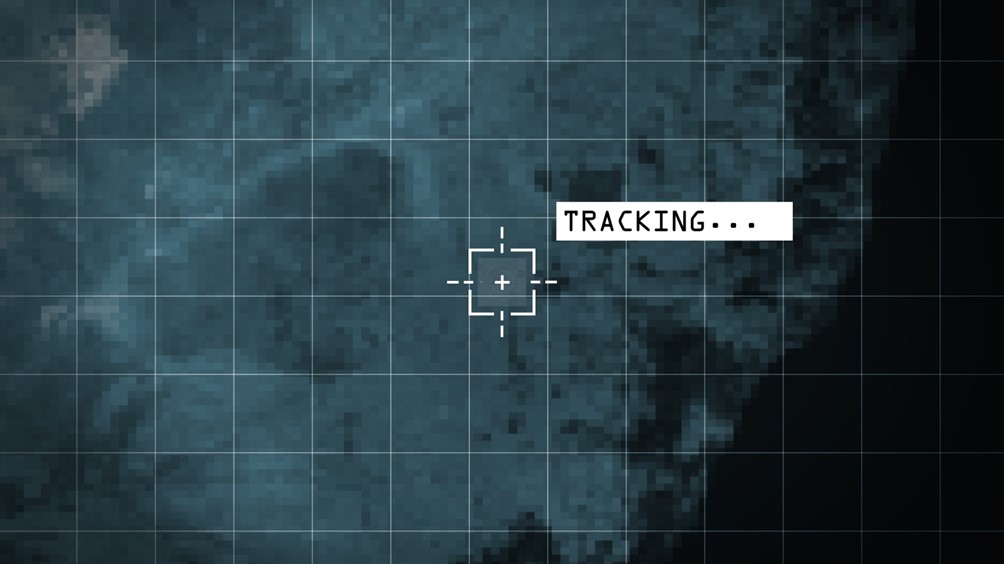


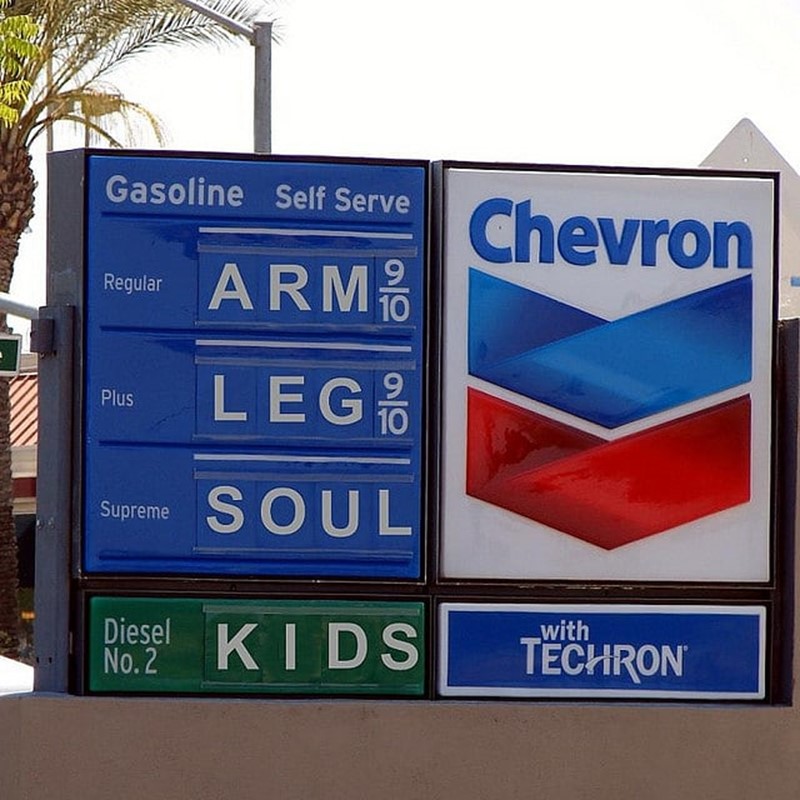
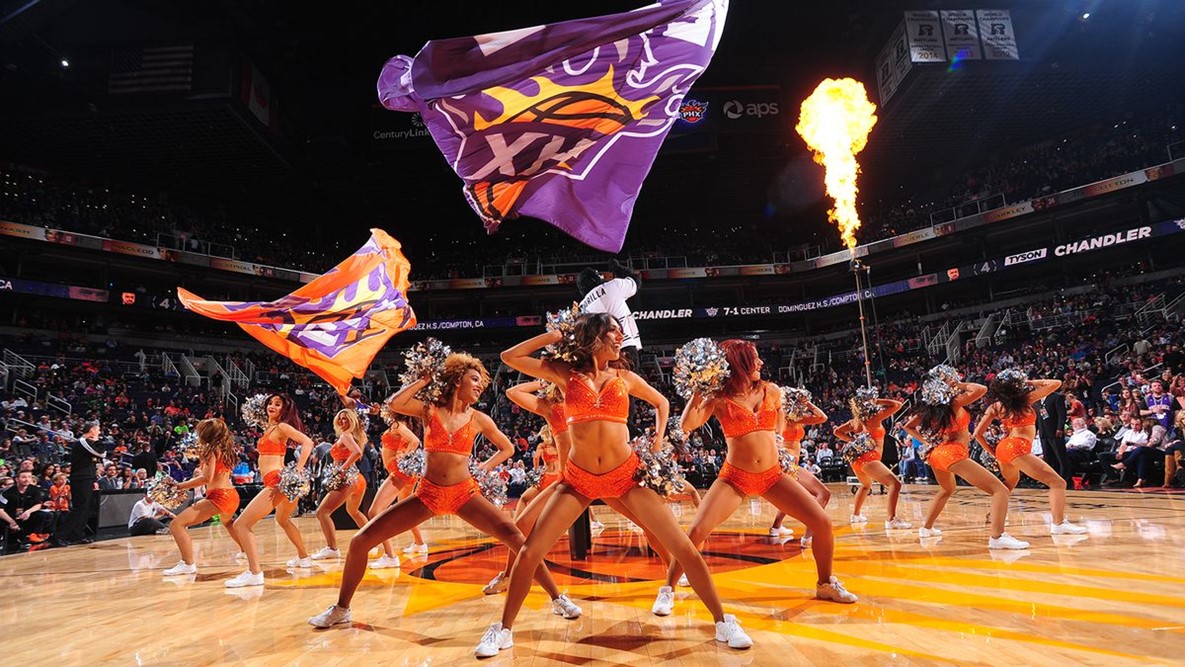
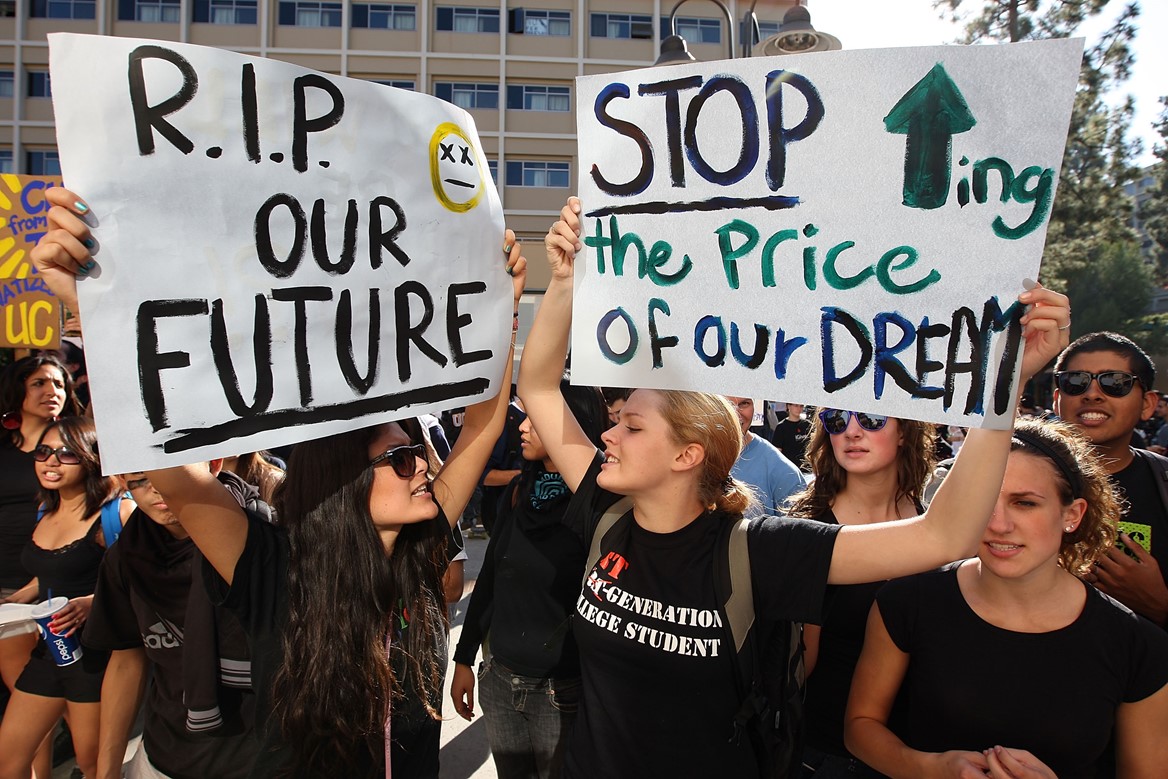
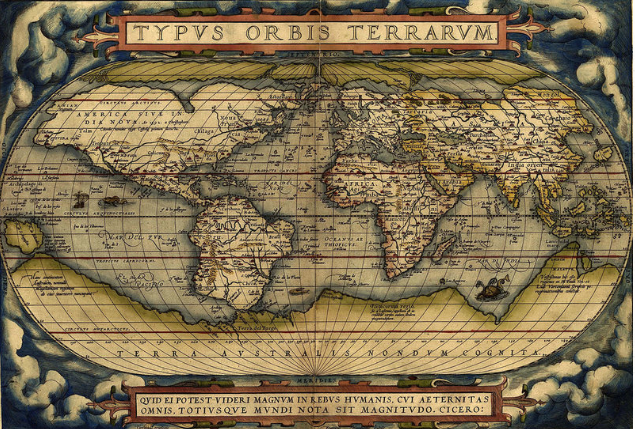
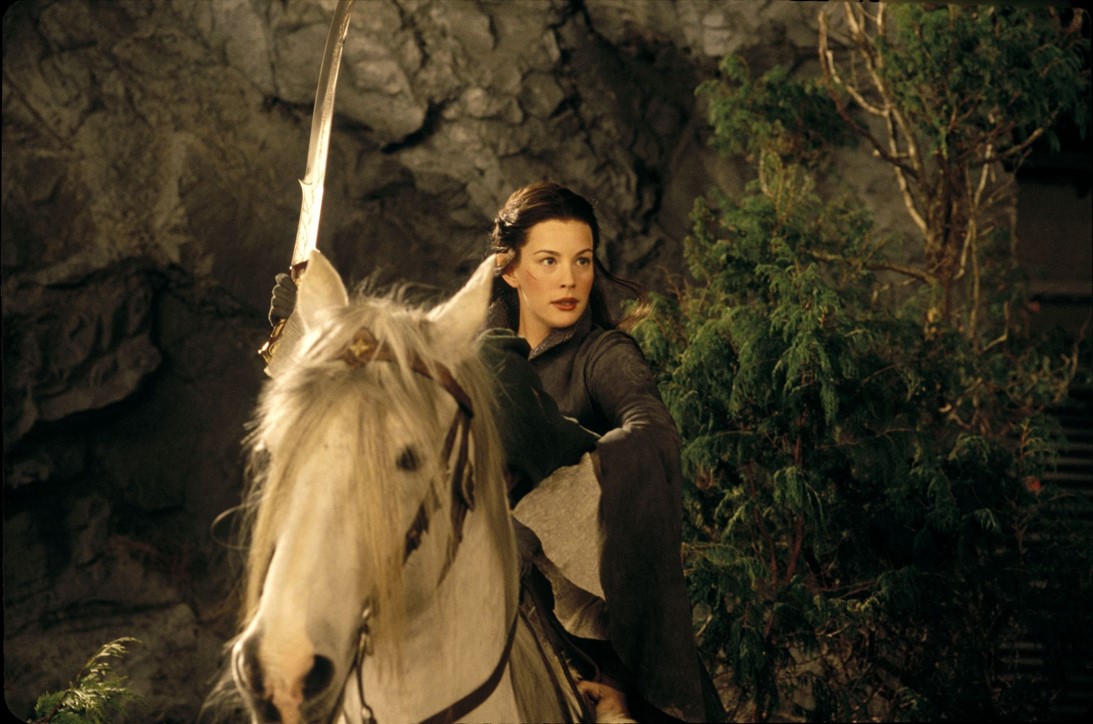
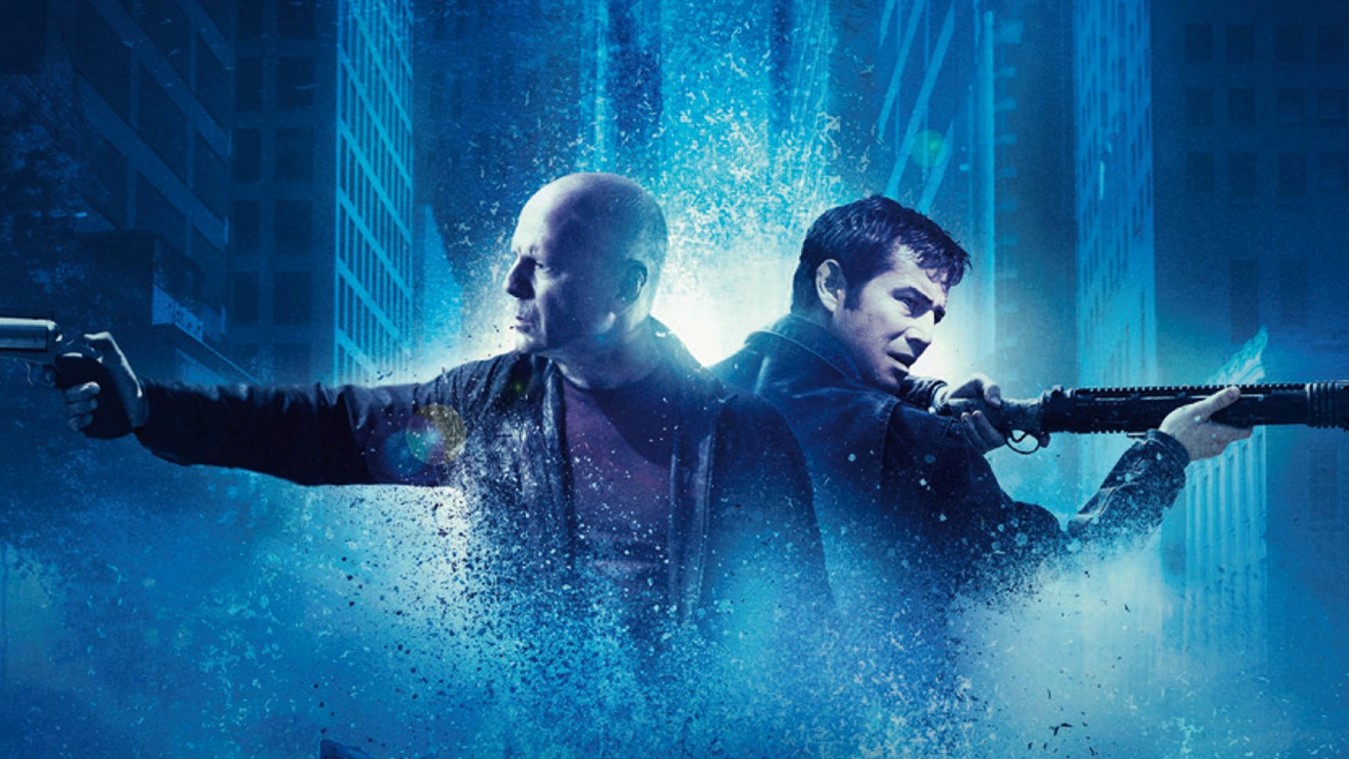
Join the Discussion! (No Signup Required)